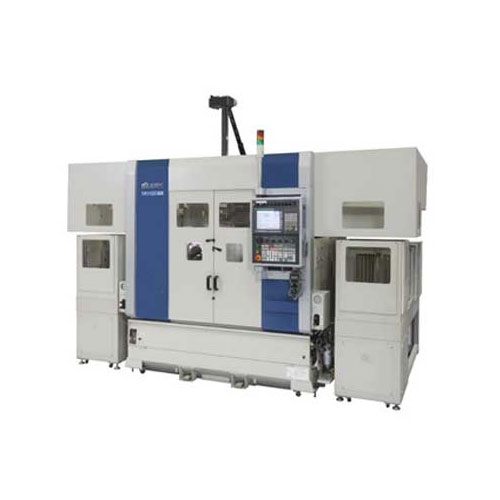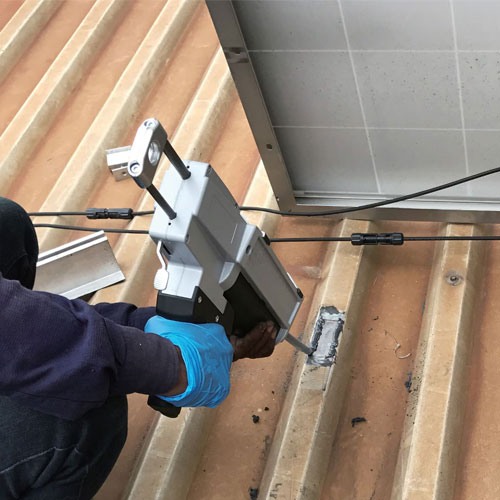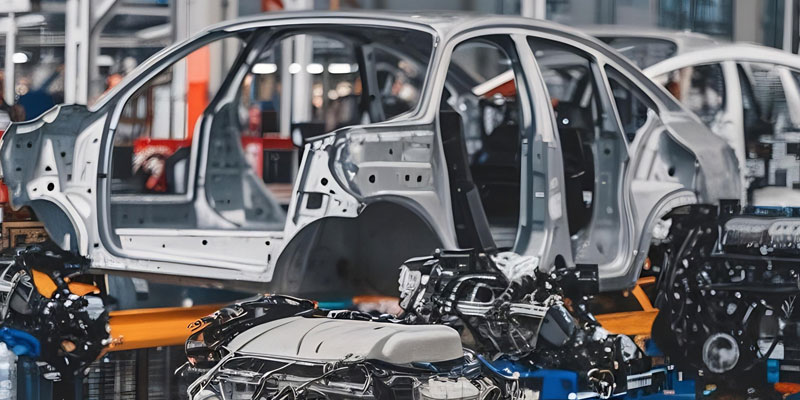Schedule a Call Back
Trends Driving the Automotive Industry Forward
 Technical Articles
Technical Articles- Mar 02,12
A look at the recent demands from consumers that manufacturers are striving to meet
 The demand for reducing carbon emissions is a global issue that continues to grow in importance. Overall consumers globally have become more conscious of their finances and are demanding cars that cost less, produce less carbon dioxide (CO2) and aren't going to eat into their disposable income by using excessive amounts of fuel. To meet these consumer demands, manufacturers are focused on deploying techniques to decrease the overall weight of the car and increase efficiency.
The demand for reducing carbon emissions is a global issue that continues to grow in importance. Overall consumers globally have become more conscious of their finances and are demanding cars that cost less, produce less carbon dioxide (CO2) and aren't going to eat into their disposable income by using excessive amounts of fuel. To meet these consumer demands, manufacturers are focused on deploying techniques to decrease the overall weight of the car and increase efficiency.
In particular, automotive manufacturers are optimising steering and powertrain systems to help achieve CO2 reduction targets, and bearings and tolerance rings can play a key role. Bearings are devices designed to negate friction between two moving parts, saving energy by facilitating movement. Tolerance rings are high-quality steel, radially sprung fasteners that allow for optimal joining between two annular (ring-shaped) components. The key feature of a tolerance ring is the protrusions that run around its circumference, which effectively absorb road noise and vibrations that are transmitted through the steering rack and column to the driver.
Bearings, tolerance rings and the materials used to engineer steering systems can be designed to ensure weight reduction and improve performance. Polytetrafluoroehtylene (PTFE), a synthetic fluoropolymer, is a material which, when applied to metal-backed bearings, can enhance the function of a number of components in the car. Bearings can also be engineered with a variety of metallic backing materials, including aluminium or stainless steel to optimise performance. As PTFE is versatile, it can be applied against lightweight materials to further enhance the appeal of a bearing, without the need for lubrication.
To help car manufacturers address the ever-challenging CO2 emission targets, the traditional heavy hydraulic steering system is now being replaced by lighter and more cost-effective electric power steering (EPS) systems. As well as being heavy, these hydraulic systems had a negative impact on fuel efficiency, as the drive belt and pulley continually drained power from the engine. EPS systems have been adopted over the past ten years to replace traditional hydraulic systems. These motors have traditionally been large and heavy to ensure high performance under high loads. However, more and more manufacturers are developing new smaller electric motors to help them meet weight reduction targets. To maintain the same comfortable, smooth steering experience offered by earlier larger motors, high-performing PTFE-coated bearings with lower friction values than those traditionally used are now being used in the yoke (straddle) mounting, enabling the smaller motors to turn the shaft as easily as larger models, while giving improved steering response and driver handling.
Other significant trends in the automotive industry are growing demands for performance and safety. Increasingly affluent consumers from emerging nations are beginning to demand vehicles that offer the same performance and incorporate the same safety and anti-theft features found in cars in developed markets. As a result cars that offer a reduction in noise, vibration and harshness (NVH), and incorporate features such a collapsible wheel column to act as a shock absorber should the driver strike the wheel during a crash, are fast becoming a fixture in new car designs.
The market trends of recent years are clear and look set to continue well into the future. Rising oil prices and more stringent legislation regarding CO2 emissions are driving weight reduction and other energy saving innovations in the automotive industry. The demand globally is for high-quality vehicles that are affordable yet meet performance and safety demands. With innovative components, manufacturers can respond to these global trends without compromising on quality or cost.
About the Author
Chris Needes, Global Market Manager Automotive Chassis and Powertrain, Saint-Gobain Performance Plastics Chris joined Saint-Gobain Performance Plastics in 2008 as Product Manager in the Automotive sector, after having worked for Rencol Tolerance Rings Ltd since 2000 as Technical Project Manager and Product Manager in Automotive. Chris began his career in 1987 working as an Automotive Product Technologist for British Steel. He has a degree in Materials Engineering and is an expert in process benchmarking, project management, application development, costing, materials and material forming processes. In his current position as Global Market Manager Automotive Chassis and Powertrain, Chris' role includes business planning, developing global strategies, developing new applications, marketing materials and training materials. Contact: christopher.needes@saint-gobain.com
Related Products

Compact Fmc - Motorum 3048tg With Fs2512
Meiban Engineering Technologies Pvt Ltd offers a wide range of Compact FMC - Motorum 3048TG with FS2512.

Structural Adhesive for Solar Panel Roof Mounting
Parson Adhesives India Private Ltd offers a wide range of structural adhesive for solar panel roof mounting – Partite 7535.

Industrial Tsn Switch
Contec launches a future-ready Industrial TSN Switch- SH-9210TSN.















